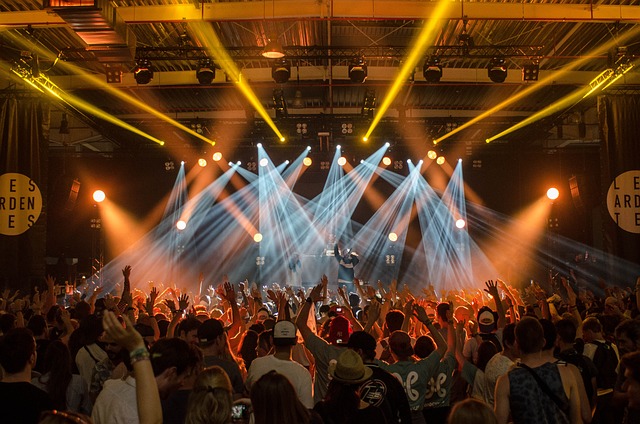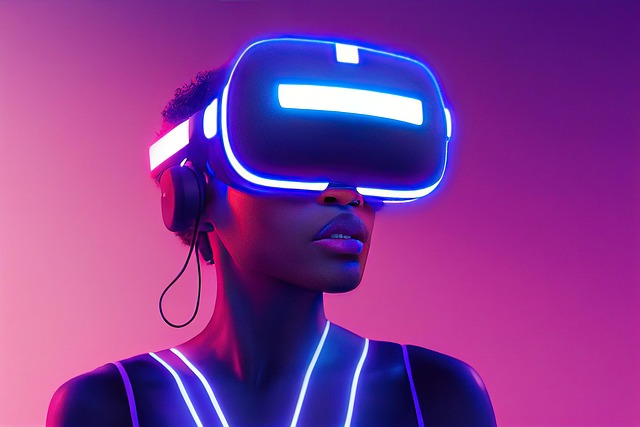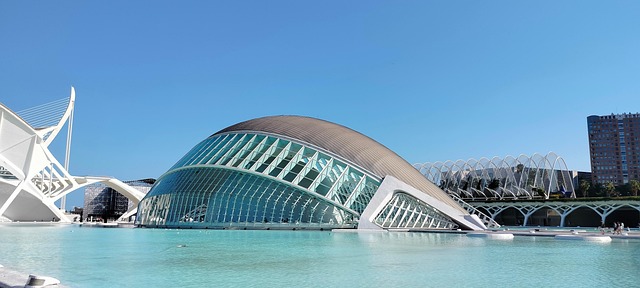In recent years, the concept of immersive events has evolved dramatically, intertwining with cutting-edge technologies like Virtual Reality (VR), Augmented Reality (AR), and the Metaverse. The possibilities these advancements bring are almost limitless, allowing for unparalleled experiences that engage individuals on a deeply personal level.
Virtual Reality has been at the forefront of this evolution, transforming how we interact with digital content. Through high-quality headsets and immersive environments, VR allows attendees to escape into another world. Imagine a corporate event where participants can walk through a digital landscape, explore product showcases, or engage in team-building exercises in a simulated environment. The feeling of physically being in a space, despite the geographical distance, creates a sense of presence that is hard to replicate in traditional setups.
Augmented Reality, on the other hand, enhances the real world by overlaying digital information onto existing environments. This technology can transform an ordinary venue into an extraordinary experience. Consider an arts exhibition where visitors can use AR devices to reveal hidden layers of information about the artwork, or a trade show where attendees point their devices at booths to pull up engaging videos and detailed specs. This blend of the real and the virtual enlivens the experience and fosters a connection that sticks long after the event has concluded.
The emergence of the Metaverse is another groundbreaking development in the realm of immersive events. The Metaverse promises a persistent, interconnected space where users can engage in virtual experiences alongside others, no matter where they are in the world. Attending a concert in the Metaverse, for example, allows users to interact with friends and fellow fans as avatars, making the event feel less isolated and more social. Think of the rich tapestry of interactions, where participants can dance, chat, and experience live performances in real-time, blurring the lines between digital and physical participation.
As event organizers begin to embrace these technologies, the possibilities for immersive events expand exponentially. Guests are no longer just passive observers; they become active participants in a carefully crafted narrative that fully engages their senses. Whether it’s through a VR headset transporting them to a new world or AR bringing their surroundings to life, the innovations are reshaping expectations for future gatherings.
The pathway ahead is filled with exciting challenges and opportunities. Immersive events are not merely about adopting new technologies; they are about creating meaningful experiences that resonate with attendees. As we journey deeper into this technological frontier, a crucial aspect will be understanding the emotional and psychological impacts of such immersive experiences. Will they enhance our social connections or distract us from the real world? The answers lie in how thoughtfully we design these immersive events, harnessing the power of VR, AR, and the Metaverse to build experiences that truly matter.




